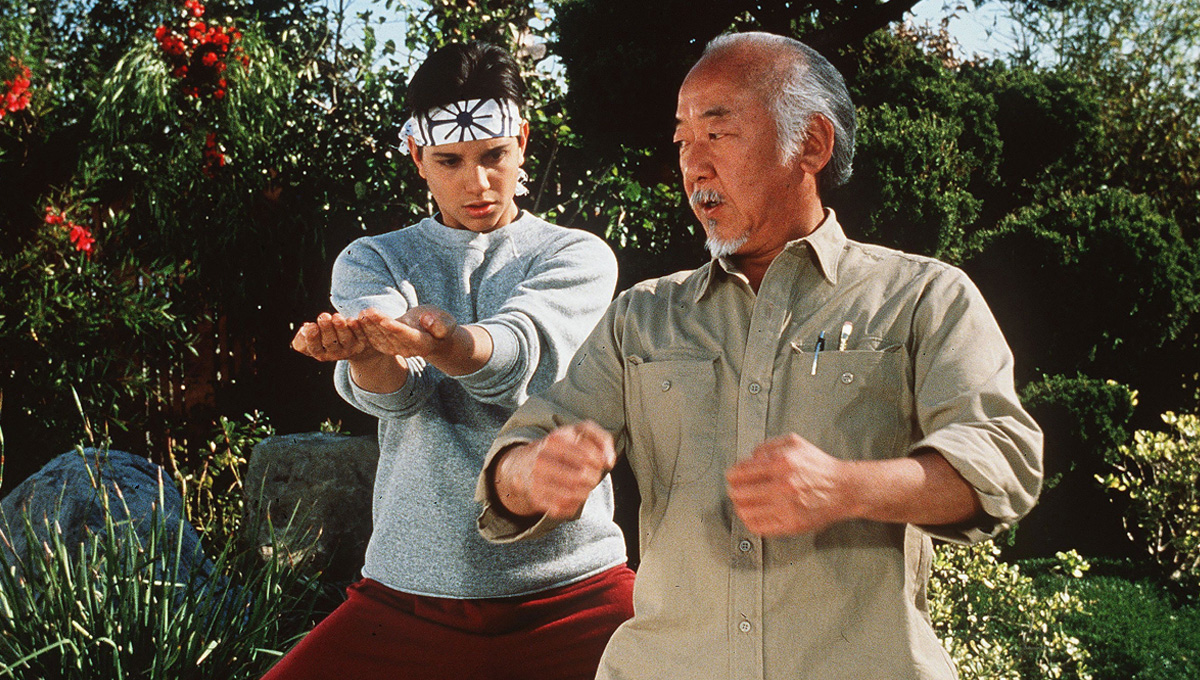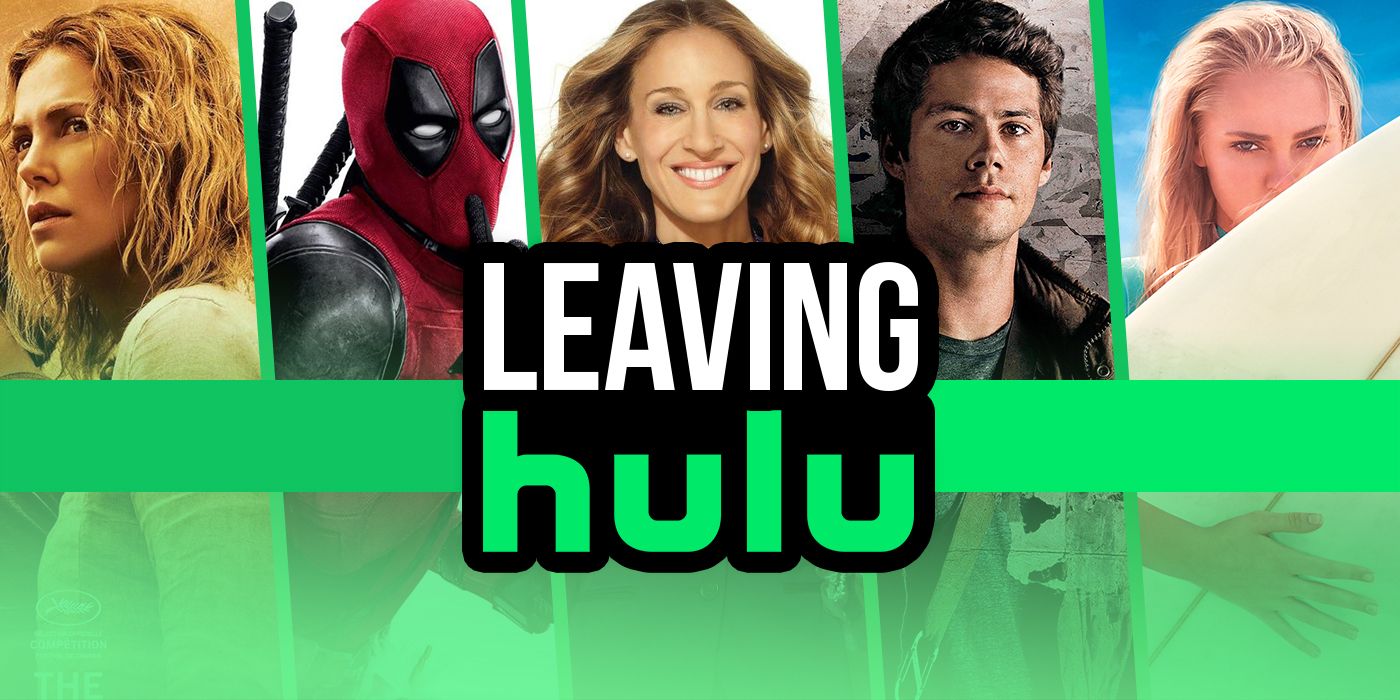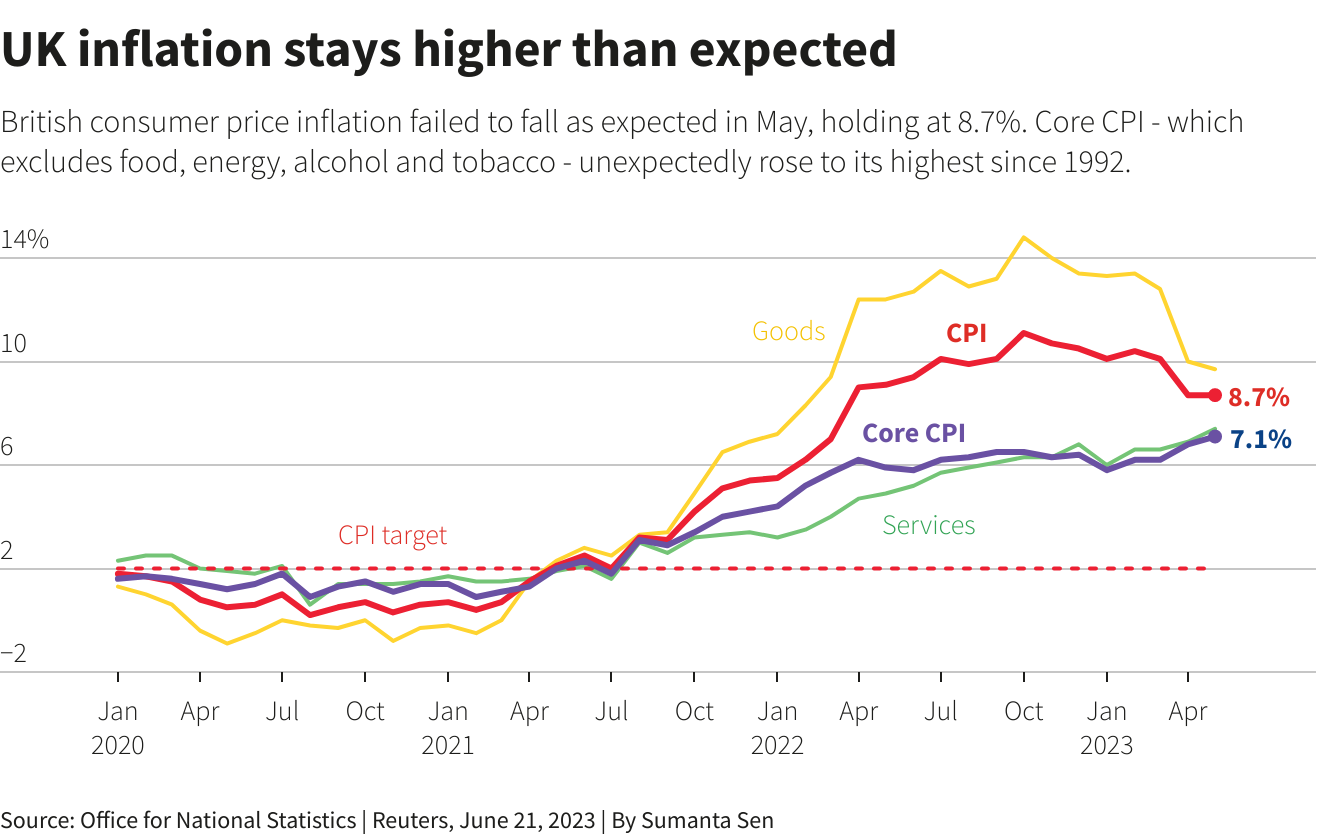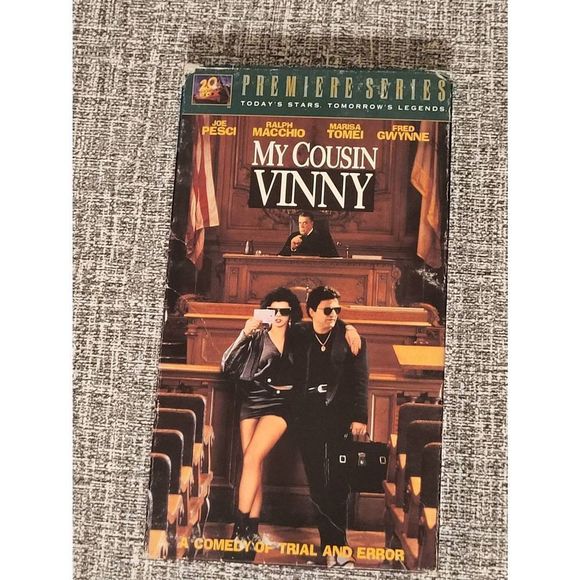Connecting The Dots: Cobra Kai's Continuity With Its Karate Kid Predecessor

Table of Contents
Character Development and Legacy: Expanding on Iconic Figures
Cobra Kai masterfully breathes new life into the beloved characters of The Karate Kid, expanding their narratives and exploring their complex emotional journeys.
Daniel LaRusso's Journey
Daniel LaRusso, the underdog champion of The Karate Kid, has evolved into a successful businessman. However, Cobra Kai shows that his past triumphs haven't erased his struggles.
- He grapples with balancing his demanding family life and the pressures of his thriving car dealership.
- He continues his mentorship role, passing on Mr. Miyagi's teachings to a new generation of students.
- The emotional baggage from his past traumas, particularly his rivalry with Johnny Lawrence, continues to affect his present-day relationships and decision-making.
- His relationship with Johnny Lawrence, once defined by animosity, takes unexpected turns, shifting from bitter rivalry to begrudging respect and even, at times, tentative friendship. This evolving dynamic is a cornerstone of Cobra Kai's compelling narrative.
Johnny Lawrence's Redemption Arc
Johnny Lawrence, the original antagonist, undergoes a profound transformation in Cobra Kai. He's no longer simply a villain but a complex anti-hero grappling with his own past mistakes and striving for redemption.
- His motivations stem from a desire to prove himself, to overcome his past failures, and to find a sense of purpose in life.
- He carries significant regrets over his actions in The Karate Kid and seeks to make amends, even if his methods are sometimes questionable.
- His attempts at redemption are not always successful, highlighting the difficulties of breaking free from a cycle of violence and negativity.
- His evolving relationship with Daniel, along with his complex paternal relationship with Miguel, form the core of his character arc, demonstrating his personal growth and struggles.
Returning Characters and New Dynamics
The return of characters like Kreese and Chozen, along with the introduction of new figures like Miguel and Robby, further enriches the Cobra Kai narrative, building upon the established lore while adding new layers of complexity.
- Kreese's motivations remain rooted in his ruthless "No Mercy" philosophy, but his methods and alliances shift throughout the series.
- Chozen's return adds a new dimension to Daniel's past, forcing him to confront his own history and the lasting impacts of his past conflicts.
- The interactions between these returning and new characters create dynamic storylines and compelling conflicts, keeping the series fresh and engaging.
Thematic Continuity: Exploring Key Themes Across Series and Films
Cobra Kai expertly builds on the central themes of The Karate Kid, revisiting and recontextualizing them for a modern audience.
The Morality of Karate
The series delves deeply into the contrasting philosophies of Miyagi-Do Karate, Eagle Fang Karate, and Cobra Kai.
- Miyagi-Do emphasizes self-defense, balance, and respect, contrasting sharply with the aggressive, ruthless "No Mercy" philosophy of Cobra Kai.
- Eagle Fang Karate, initially founded by Johnny, tries to find a middle ground between Miyagi-Do and Cobra Kai. This internal conflict within the various dojos reflects the moral ambiguities faced by the characters.
- The series explores the ethical implications of each style, highlighting how different approaches to karate can shape one's character and actions.
Mentorship and Legacy
The importance of mentorship is a recurring theme, explored through different styles and approaches.
- Daniel's mentorship under Mr. Miyagi serves as a foundation for his own teaching style, highlighting the importance of patience, discipline, and respect.
- Johnny's mentorship style is initially aggressive, reflecting his own Cobra Kai upbringing. However, he gradually evolves, learning to temper his approach and focus on building self-confidence.
- The contrasting mentorship styles highlight the different paths to growth and self-discovery, underscoring the lasting impact of mentorship on the students.
Exploring the Cycle of Violence
Cobra Kai masterfully explores the cyclical nature of violence and the potential for breaking free from its grip.
- The series shows how past trauma influences present actions, demonstrating how unresolved conflicts can lead to a vicious cycle of revenge and retaliation.
- Despite the dark themes, the series also offers glimmers of hope, showcasing the possibility of redemption and the pursuit of self-improvement.
- Various characters struggle to overcome their violent pasts and find peace, leading to compelling character arcs and emotional resonance.
Narrative Techniques: Bridging the Gap Between Eras
Cobra Kai employs clever narrative techniques to seamlessly bridge the gap between the original Karate Kid films and the present-day storyline.
Call-backs and Easter Eggs
The series is filled with clever references and callbacks to The Karate Kid.
- Specific fight techniques, such as the crane kick or the use of the "Miyagi-Do" style, are deliberately incorporated, evoking nostalgia and connecting the two narratives.
- Dialogue references and iconic lines from The Karate Kid appear throughout the series, creating a sense of continuity and familiarity for long-time fans.
- Locations from the original films reappear, adding another layer of nostalgic depth and reminding viewers of the shared history between the two franchises.
Expanding the Lore
Cobra Kai expands the established lore, introducing new characters and storylines while remaining consistent with the original material.
- New characters, like Miguel and Robby, are intricately woven into the existing narrative, creating new dynamics and compelling relationships.
- The series explores previously unexplored aspects of the original characters' lives, adding depth and complexity to their personalities.
- This expansion of the lore ensures that the series feels both familiar and fresh, appealing to both longtime fans and newcomers alike.
Modernizing the Themes
While remaining true to the spirit of The Karate Kid, Cobra Kai skillfully modernizes its themes to resonate with a contemporary audience.
- The series tackles relevant social issues such as bullying, family dynamics, and the challenges of adolescence, adding depth and realism to the narrative.
- It balances nostalgia with relevant social commentary, creating a series that is both entertaining and thought-provoking.
- This ability to connect with contemporary audiences through relatable themes ensures the enduring appeal of Cobra Kai.
Conclusion
Cobra Kai's Continuity with its Karate Kid Predecessor is a masterclass in sequel storytelling. Through meticulous character development, thematic continuity, and innovative narrative techniques, Cobra Kai successfully expands the world of The Karate Kid while remaining true to its core values. The series expertly weaves together nostalgia, compelling new storylines, and relevant social commentary, creating a richly rewarding experience for fans of both franchises. Delve further into the fascinating world of Cobra Kai's Continuity with its Karate Kid Predecessor and discover even more hidden links between these beloved franchises!

Featured Posts
-
 Instituto Novedades En La Lista De Citados Y Posible Formacion Ante Lanus
May 23, 2025
Instituto Novedades En La Lista De Citados Y Posible Formacion Ante Lanus
May 23, 2025 -
 Dont Miss Them Movies Leaving Hulu This Month
May 23, 2025
Dont Miss Them Movies Leaving Hulu This Month
May 23, 2025 -
 Uk Inflation Slows Impact On Boe Rate Cuts And The Pound
May 23, 2025
Uk Inflation Slows Impact On Boe Rate Cuts And The Pound
May 23, 2025 -
 My Cousin Vinny Reboot Ralph Macchio On The Possibility Of A Sequel Joe Pescis Return
May 23, 2025
My Cousin Vinny Reboot Ralph Macchio On The Possibility Of A Sequel Joe Pescis Return
May 23, 2025 -
 Responding To A Best And Final Job Offer A Guide To Negotiation
May 23, 2025
Responding To A Best And Final Job Offer A Guide To Negotiation
May 23, 2025
